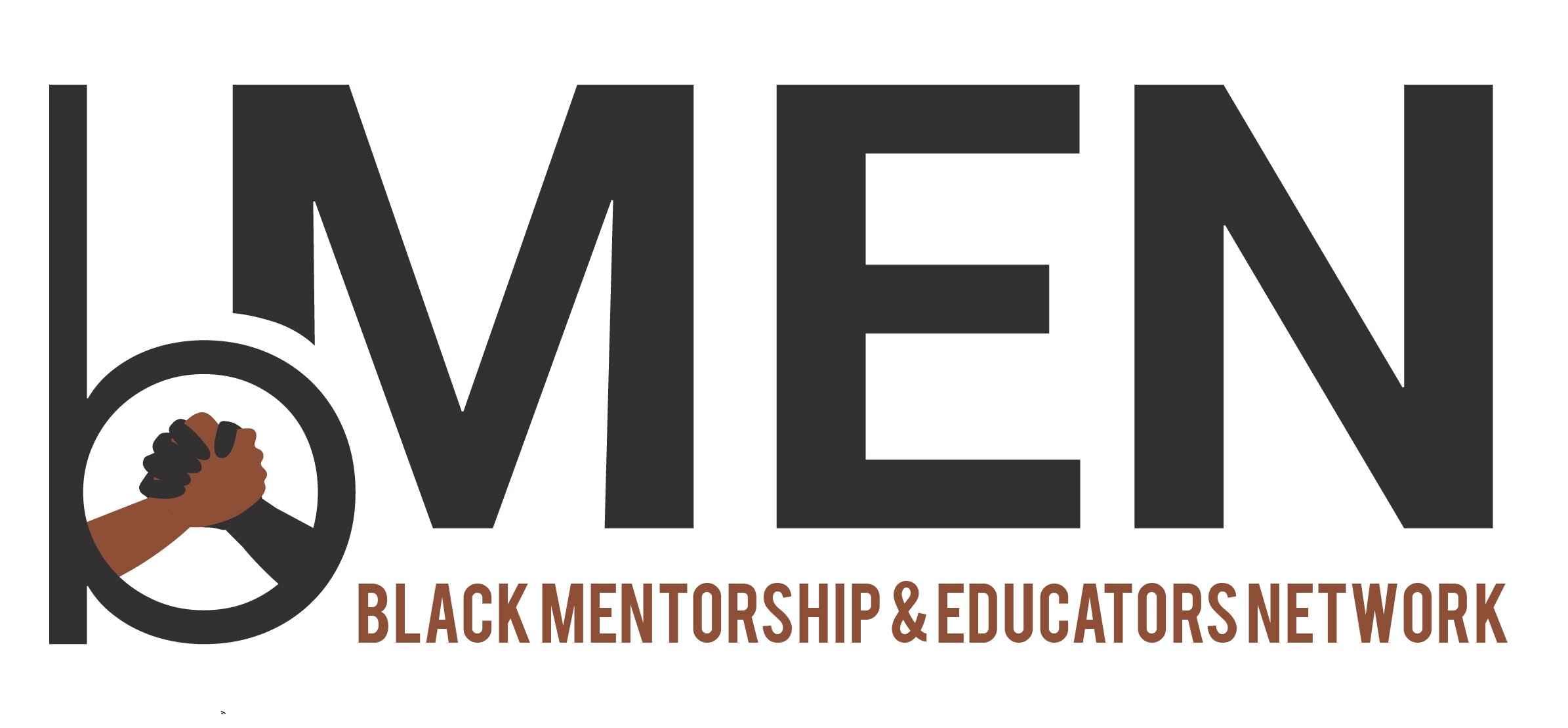Despite students of color comprising more than half of classroom populations in the United States, black males make up only two percent of the teacher workforce in the United States. Research also shows that men of color are five times more likely to leave education than other demographic groups. Conversely, the benefits of a more diverse representation of black male educators include lower dropout rates, fewer disciplinary issues, more positive views of schooling, and better test scores. Not to mention the intangible benefits of classroom environments that are culturally affirming and learning experiences that are meaningful.
Through the Black Mentorship & Educators Network (bMEN), educators at KIPP DC are creating a support network that aims to ensure that we are retaining our black male educators through a mentorship program that matches Black male residents of the Capital Teaching Residency and new lead teachers with experienced Black male teachers and leaders for support, friendship and guidance.
“We talk about the importance of kids we support to see teachers that look like them, but I also think it’s important to for the people doing the work to also see people that represent them also and feel supported,” said Raymond Crenshaw, dean of student and family support at KIPP DC Heights Academy.
Throughout the program, mentors and mentees meet monthly to discuss a variety of topics from coursework to work/life balance and whatever else is top of mind. Through the information gathered in these monthly check-ins, mentors can respond to the needs of their mentees and offer professional and personal support. In addition to monthly check-ins, mentors and mentees also attend social gatherings as a group throughout the academic year to help build camaraderie within the KIPP DC network.
“Through the Capital Teaching Residency, we’re bringing in hundreds of new educators, but that number decreases with the percentage of black male educators that say with us,” said Quintin Lewis, vice principal at KIPP DC Arts & Technology Academy.
“When we started to think about what we can do about it, out came the idea for this mentorship program. Having a space where you can have a conversation with someone and feel empowered, or feel like someone understands you goes a long way to ensuring someone feels heard, and they feel valued.”
Christopher Keys is a lead teacher and grade-level chair at KIPP DC Spring Academy and joined KIPP DC in 2017. From graduating Morehouse College to teaching in Brooklyn, NY, and also working on educational policy in Washington, DC, his vantage point has offered him a lens into just how impactful a program like this can be for the participants and our students.
“I care about teacher development, and more importantly, black men having a spot in education and feeling comfortable, that they can succeed in this environment, and that there presence alone inside our classrooms is just as powerful as anything else they bring with them.”
bMEN has also worked to increase the reach of the program, working closely with Bowie State University to form their Black Male Teacher Initiative Consortium that pools together resources to recruit, retain, support, and empower Black male educators at all levels. Partners include the Building Our Network of Diversity (BOND) Project, Male Educator of Network (MEN) of Prince George’s County Public Schools, National Association of Black Male Educators (NABME), Montgomery College Black Alliance for Transformational Leadership (BATL), and Bowie State University Center for Research and Mentoring of Black Male Students and Teachers.
Beyond retaining black male teachers at KIPP DC and keeping them in academic positions, bMEN also looks to create a pipeline for leadership opportunities for Black males. Still in its inaugural year, bMEN looks to have a lasting impact on the representation of black males inside KIPP DC classrooms.

